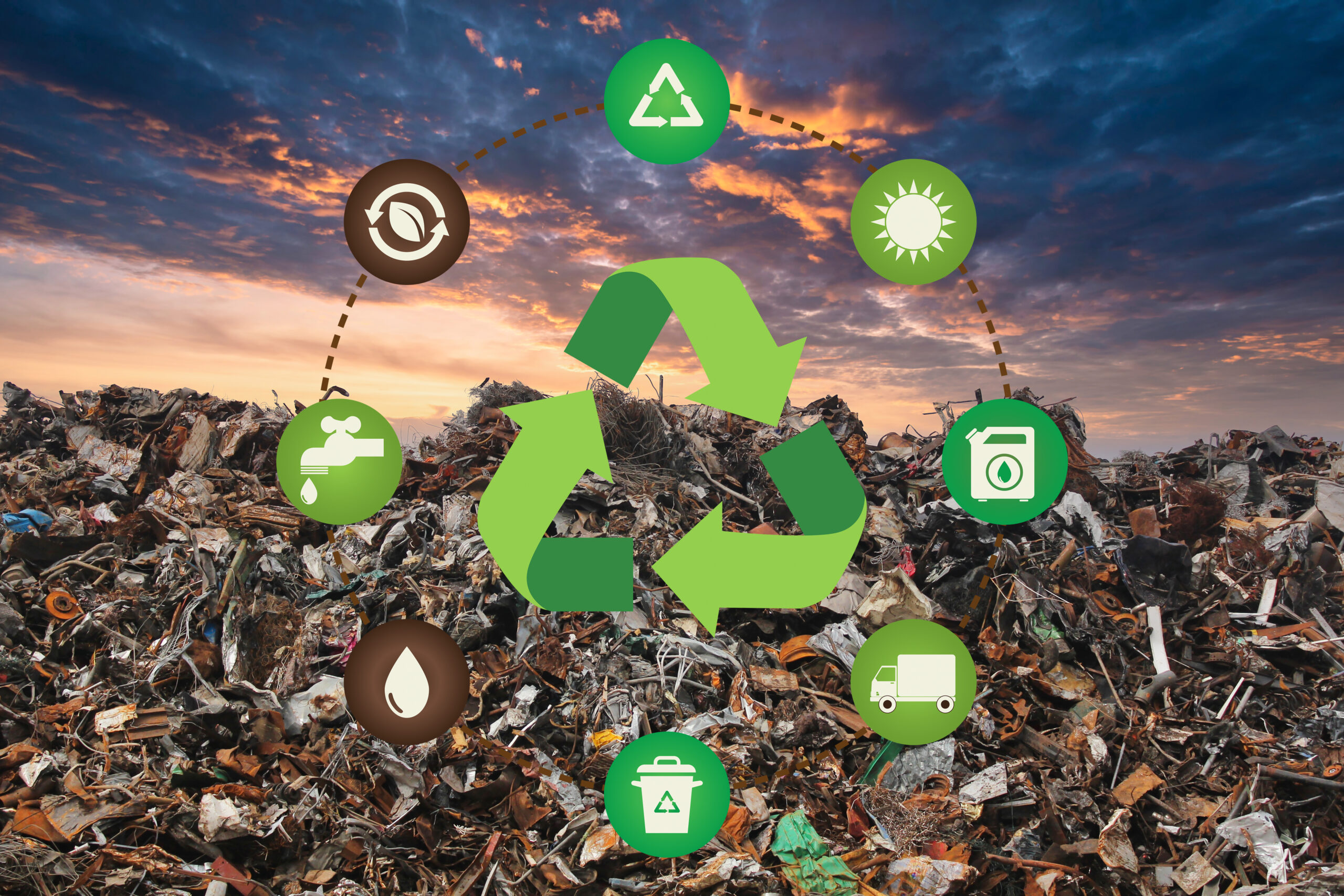Bajric Sanel
Ph.D. Economics & Computer Science
A Cleaner Future: Personal Reflections on Implementing IoT in Waste Management in Kuwait City

As an expanding city with a rapidly growing population, Kuwait City faces the increasingly challenging task of effective waste management. Acknowledging the limitations of traditional waste collection systems, my team and I sought to integrate the Internet of Things (IoT) into the city’s waste management framework. Our vision was to create a smarter, cleaner, and more sustainable urban environment.
The Challenge at Hand:
The necessity of addressing the waste management issue became evident in the densely populated areas of Kuwait City. Overflowing waste bins, unsightly streets, and an unsustainable waste collection system characterized the status quo. The logistical intricacies of waste collection, coupled with environmental concerns, presented a multifaceted problem.
Implementing the IoT-Based Waste Collection System:
Our solution was an IoT-based waste logistics system that would dramatically reduce waste collection frequency, ultimately cutting operational costs by up to 80%. The system utilized IoT sensors placed in waste bins around the city to monitor fill-levels in real-time. This data was relayed back to a centralized management platform, where it informed waste collection routes and schedules.
Through advanced analytics, the system provided predictive information, enabling decision-making ahead of time. For instance, it could predict when a particular bin was likely to overflow, allowing the waste collection team to prioritize it on their route. As a result, the system reduced the frequency of waste collection, saving on fuel, labor, and fleet maintenance costs.
Beneficial Outcomes and Environmental Impact:
The implementation of the IoT system had an immediate impact. Waste collection staff could now monitor fill-levels remotely and receive notifications of potential waste overflows. This increased operational efficiency and led to cleaner streets and fewer overflowing bins.
Moreover, our system had a significant environmental benefit. Fewer garbage trucks on the road resulted in reduced greenhouse gas emissions, noise pollution, and road wear. By integrating this solution, we contributed to a more sustainable and environmentally friendly waste management approach in Kuwait City.
A Personal Journey towards a Cleaner Kuwait City:</strong>
Reflecting on this journey, the transformation we brought about in Kuwait City’s waste management has been immensely rewarding. Seeing the tangible improvements in the cleanliness of the city’s streets and knowing that our work has contributed to reducing pollution have been significant highlights of this project.
Looking ahead, we see numerous opportunities for further enhancements. Integrating AI could further refine predictive analytics, and deploying IoT in other areas of waste management, such as recycling, could yield additional benefits.
Our work in Kuwait City serves as an encouraging case study for other cities facing similar waste management challenges. It showcases the power of IoT in transforming traditional systems, emphasizing how technology can drive sustainability, efficiency, and cost-effectiveness in waste management.
